Removable dentures

specialists

equipment

treatment

Indications
- If the installation of permanent dentures is impossible due to the absence of several teeth in the patient
- When the patient wants to wear a removable option rather than a permanent one
- If the patient is missing all the teeth on one of the jaws
- When a temporary solution is needed to replace a significant number of missing teeth
- If it is necessary to restore one tooth to improve the aesthetics of your smile
- If severe gum disease is detected
- If the patient is intolerant to the metal used in permanent dentures
- Removable dentures are also suitable for replacing several adjacent lateral teeth or central dental units while preserving adjacent teeth
Disadvantages of removable dental prosthetics
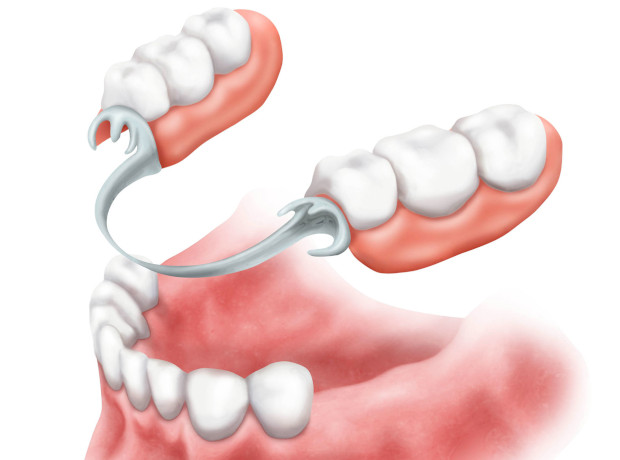
Despite numerous advantages, artificial jaws have a number of significant disadvantages:
- They do not create an even load on the jaw tissue, which can cause atrophy over time. Therefore, there is a need for regular replacement of dentures
- Dentures are not fixed securely in the oral cavity, which leads to difficulty chewing and impedes speech
- Complicated and lengthy process of adaptation to prostheses. Some people experience discomfort and soft tissue injuries during the adaptation period
- It is impossible to install a removable denture immediately after tooth extraction, unlike implantation
Removable dentures are recommended only in cases where other methods of prosthetics, such as bridges or implants, are not suitable for medical reasons.
Contraindications for installing removable dentures
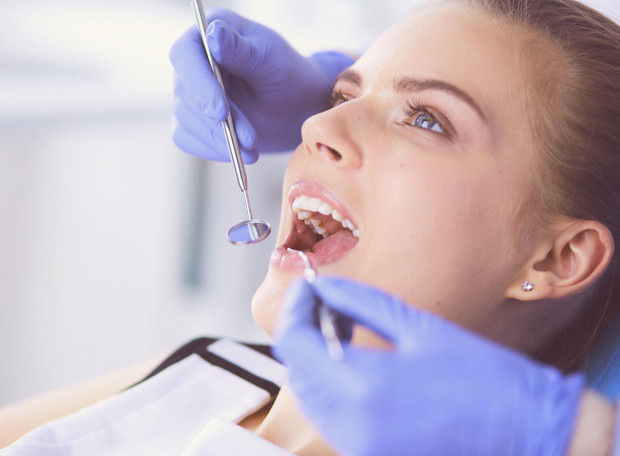
It is prohibited to install removable dentures if there are the following contraindications:
- Bleeding disorders
- Malignant or benign tumors
- Immunodeficiency conditions
- Allergy to anesthetics or prosthetic materials
- Diseases of the central nervous system
Patients should tell their doctor in advance about any of these conditions. In such cases, the dentist may consider alternative methods of restoring dental function to ensure the patient's safety and comfort.
Types of dentures
In addition, there are new innovations in the field of installing removable dentures. Evihard and Evidsun are new domestic materials, characterized by wear resistance, flexibility and durability. They offer improved comfort and are not prone to plaque formation.
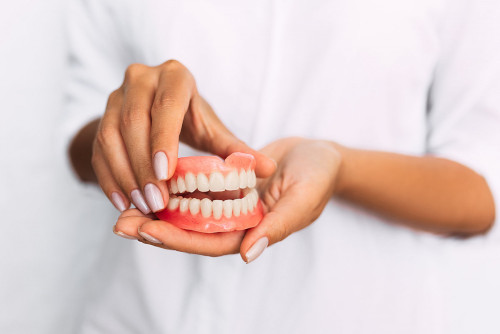
Depending on the coating, removable dentures are of the following types:
- Acrylic They are in demand due to their light weight and hardness. A wide range of colors ensures a perfect match with natural teeth. Despite the aesthetics, the products can cause discomfort and difficulty in adaptation
- Quadrotti A type of clasp dentures, which are made of durable white plastic. They are highly resistant to wear and comfortable to wear and do not contain metal
- Silicone They are soft and elastic, ensuring a tight fit to the gums. They have a limited service life and require periodic correction
- Acry Free Innovative prosthetics made from non-toxic polymer. They are highly flexible, convenient, safe and reliable to use
- Nylon They are thin, flexible, durable and hypoallergenic. They combine convenience and aesthetics
How to choose a denture
When selecting a denture, the doctor takes into account several key factors:
- Preferences in appearance
- Safety and ease of use
- Anatomical features of the oral cavity
- Cost
For people with allergies to metals or plastic, acrylic and clasp dentures are unacceptable. If the patient is completely missing teeth, then dentures such as Quadrotti or Acri Free will not suit him.
More flexible structures, such as nylon prostheses, are most often recommended for athletes. In case of periodontal disease or diabetes, when bridge prostheses are contraindicated, silicone products are the optimal choice.
Important! The service life of a prosthesis depends on its material. Silicone structures wear out faster, acrylic ones can last up to five years, and nylon ones - up to seven.
Prostheses made of acrylic and Acry Free are easier to repair, unlike nylon ones, which often require replacement if damaged.
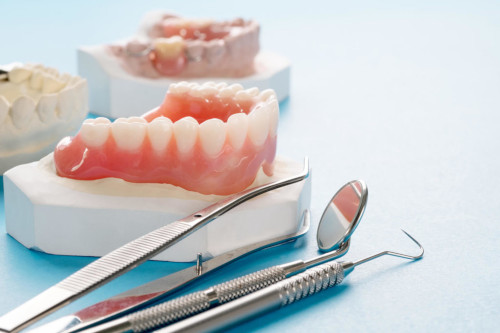
Adaptation and care of removable dentures
Classification of removable dentures
There are two categories of removable structures that are used to restore lost teeth:
Partial dentures come in the following types:
It is worth mentioning separately that prostheses can be temporary or permanent. For example, butterfly dentures are considered a temporary solution until more durable crowns are installed.
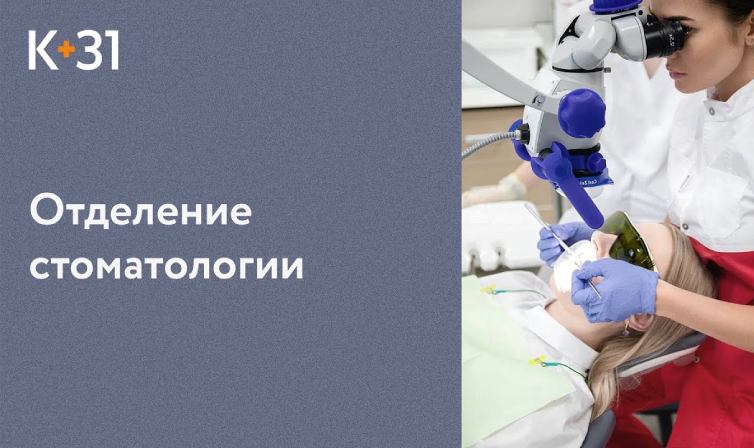
Modern methods of diagnostics and dental treatment at "K+31"
Our doctors

This award is given to clinics with the highest ratings according to user ratings, a large number of requests from this site, and in the absence of critical violations.

This award is given to clinics with the highest ratings according to user ratings. It means that the place is known, loved, and definitely worth visiting.

The ProDoctors portal collected 500 thousand reviews, compiled a rating of doctors based on them and awarded the best. We are proud that our doctors are among those awarded.
Make an appointment at a convenient time on the nearest date
Price
Other Services

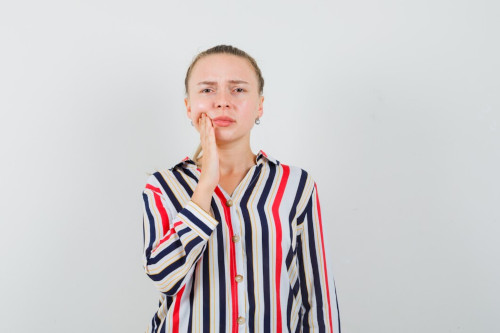
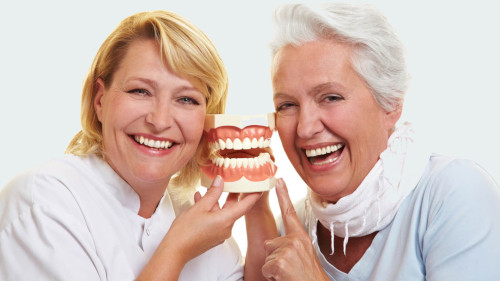
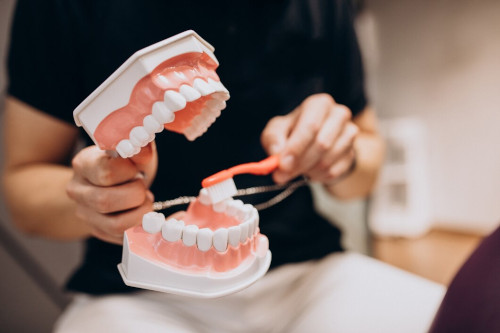
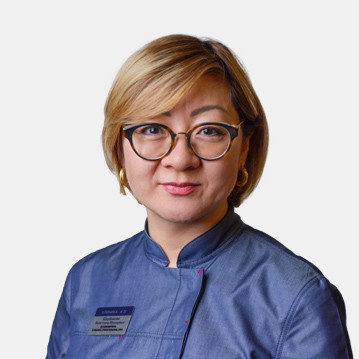
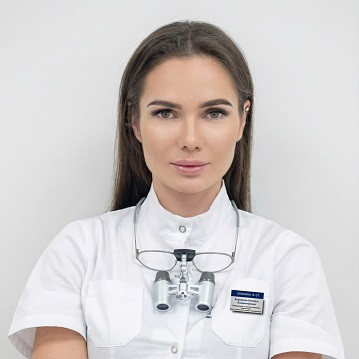
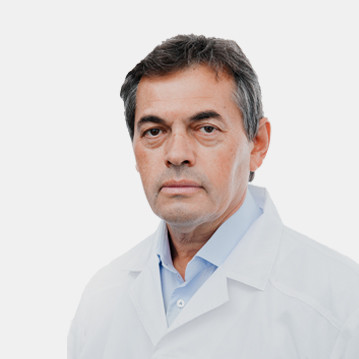
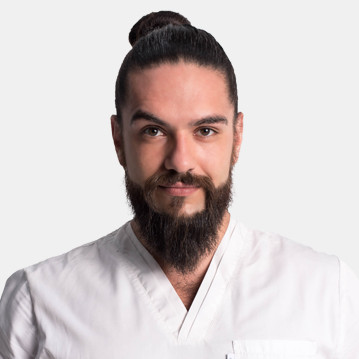
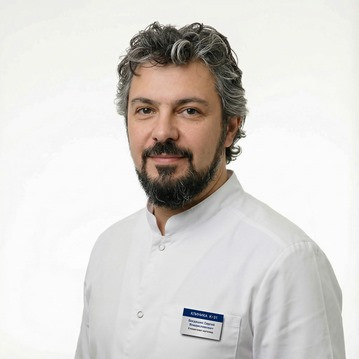
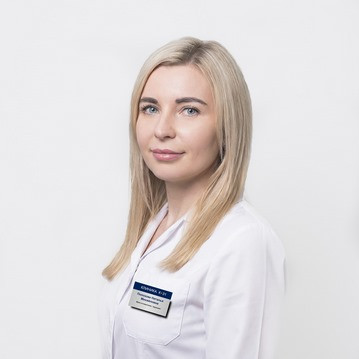
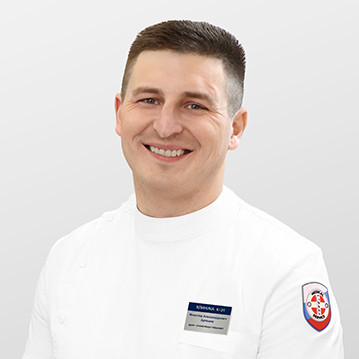
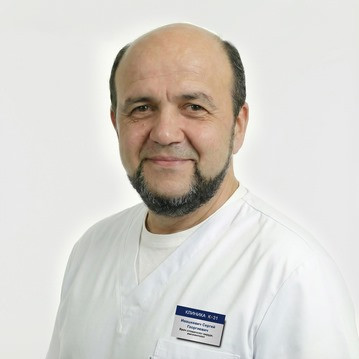
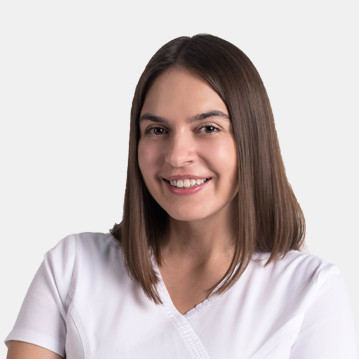
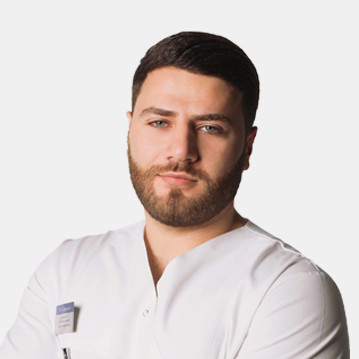
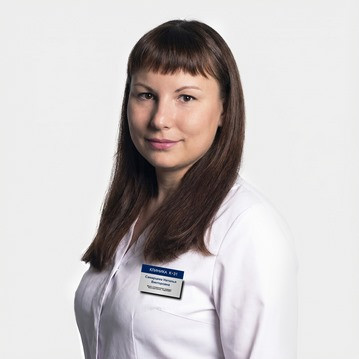

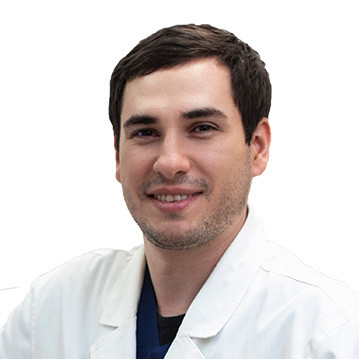
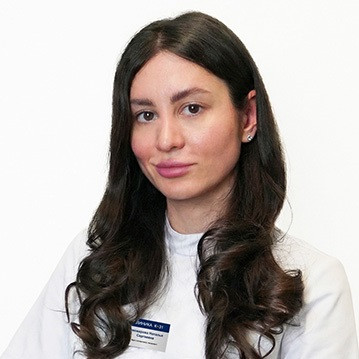
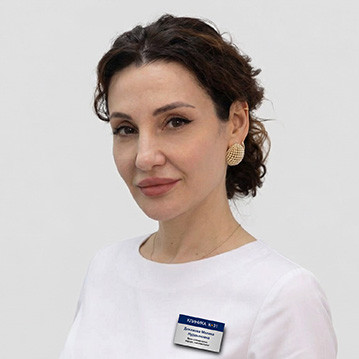
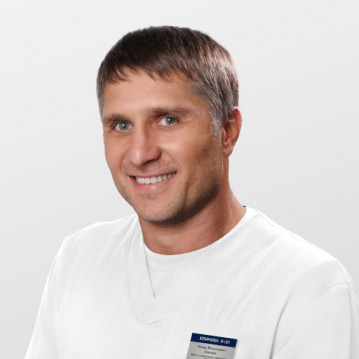
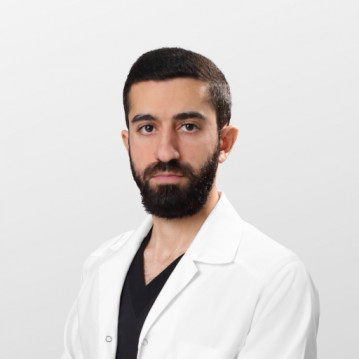
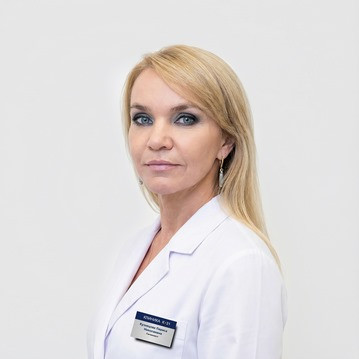
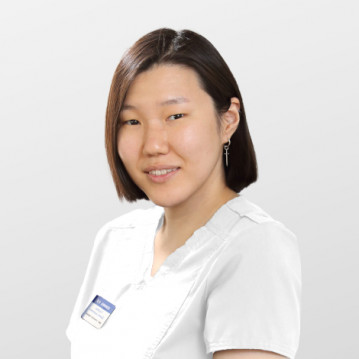
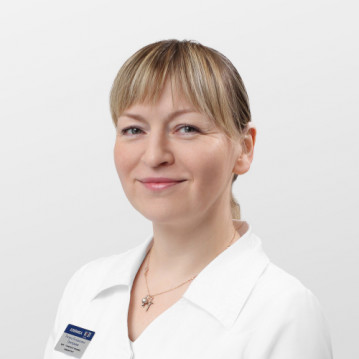
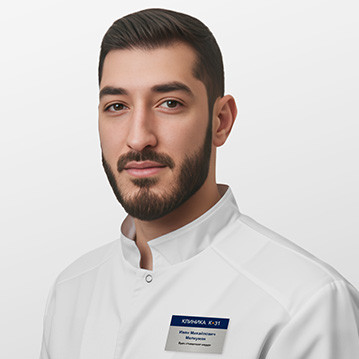
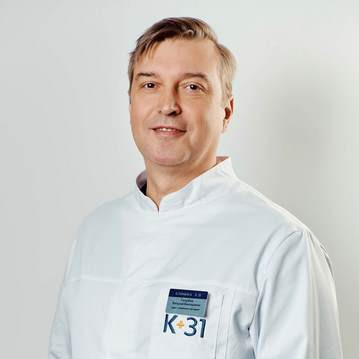
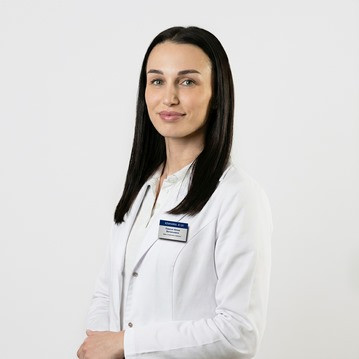
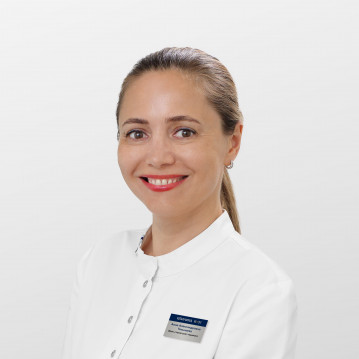
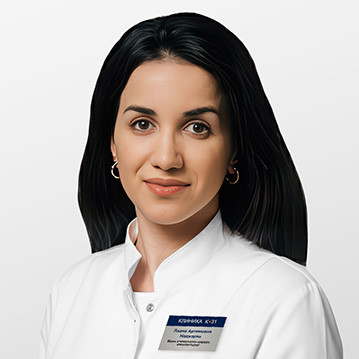
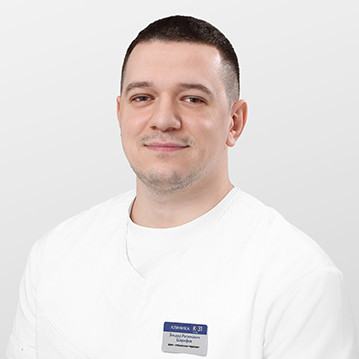
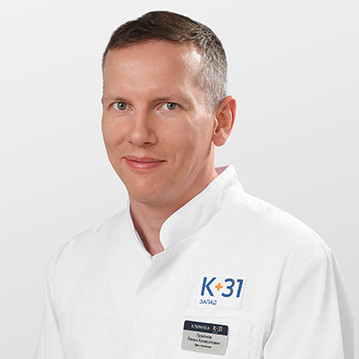
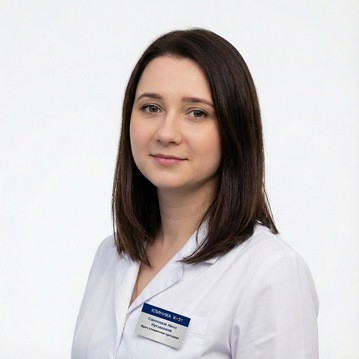
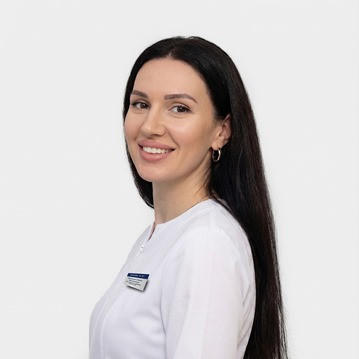


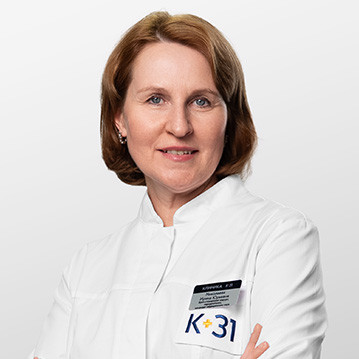
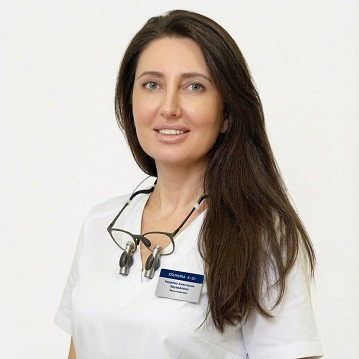
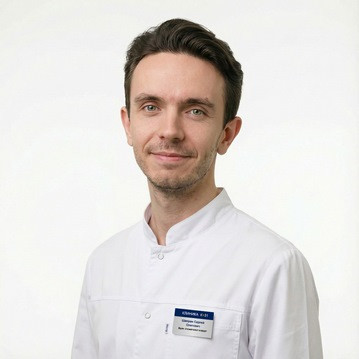

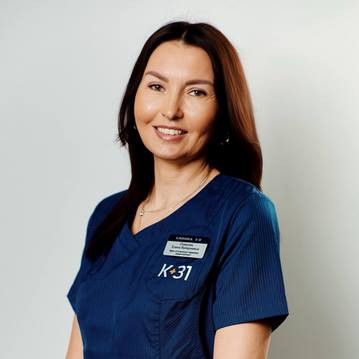



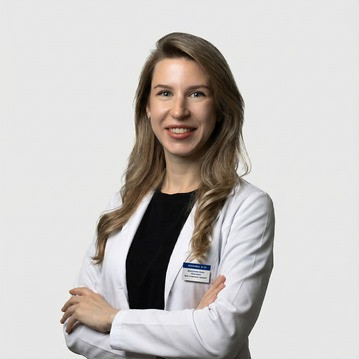
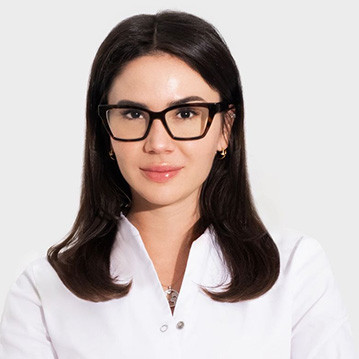
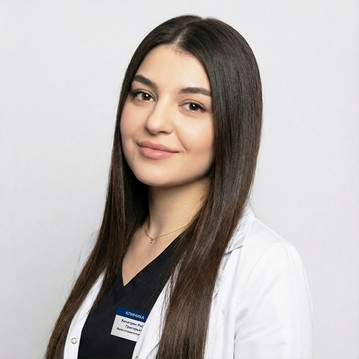
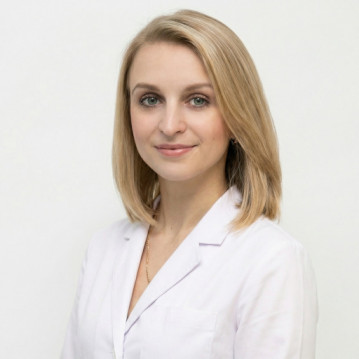









Advantages of removable prosthetics
One of the main advantages of the procedure is its lower cost, in contrast to permanent prosthetics on implants. The manufacturing process is also more simplified, which increases the speed of the orthopedist’s work. Patients can choose the material of the prosthesis taking into account their financial capabilities and preferences.
Removable dentures easily adapt to any defects in the dentition and are made in different shades, which allows the doctor to choose the best option.
Caring for removable teeth is simple: they should be regularly cleaned and treated with disinfectants.